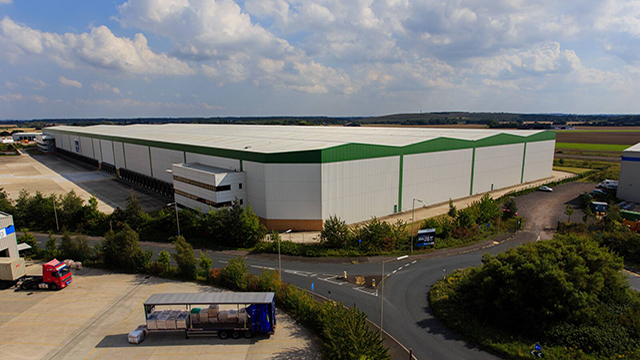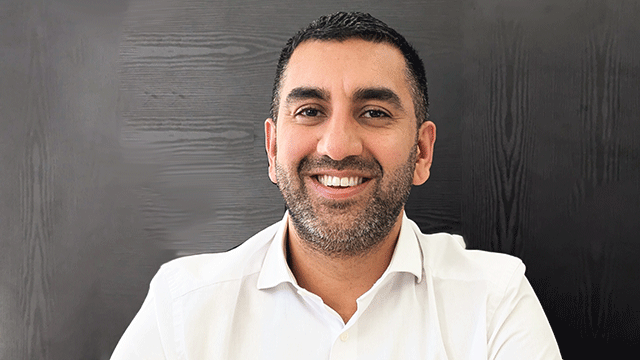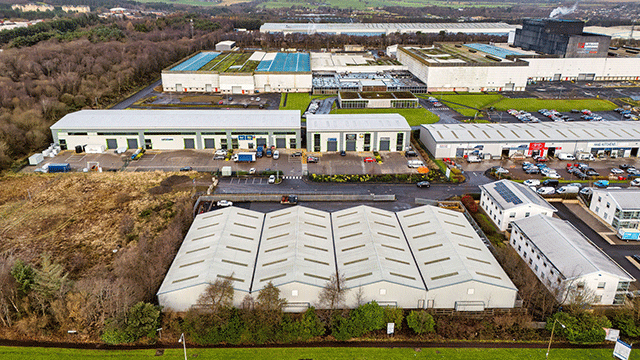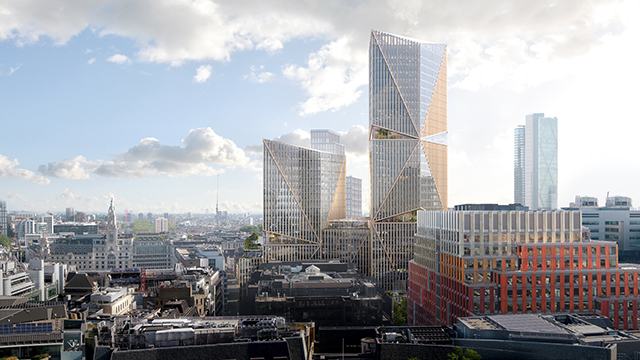
The general perception among the public is that real estate developers and investors are only in it for the money, that all that matters to them is return on investment. The latest REview, an Estates Gazette reader poll in association with Trowers & Hamlins, while not entirely dispelling that view, paints a more nuanced picture.
There is more to the value of a development than the ROI.
Financial gain was the most quoted measurement of success by respondents to the survey, appearing in two-thirds of their top three lists. However, it was often also accompanied by measures such as legacy, positive impact on local community, high quality design, sustainability and encouraging further development.
And while most respondents thought that the industry’s current valuations and financial assessment of projects “somewhat” captured the true value of projects, none thought they did so very successfully and only 10% thought the current system worked well.
Alongside traditional financial appraisals, respondents were keen to see more cultural and social factors included in valuation methods.
Sara Bailey, partner and head of residential real estate at Trowers & Hamlins, said the results reinforced many of the findings of its national market poll of 2,000 UK residents and a roundtable discussion with industry leaders.
She said: “It is clear that a wider definition of value is need to move forward with successful developments that balance and enhance commerce, culture and communities.”
Half of those surveyed wanted the quality of design to be part of the valuation model for development, with one-third labelling environmental sustainability as a valuable factor.
Community participation, creation of jobs for local people and access to good public transport or local parking were also singled out as elements that should be factored into valuation appraisals.
Scott Hammond, managing director of Essential Living, said: “Cultural and social value helps create a sense of place, which in the long term will ensure people and businesses stay longer and improve returns.”
Christopher Bennett, head of real estate at Crestbridge, agreed: “It is unlikely to add value of itself, but a lack of cultural value may deliver a poor building that does not let well and is therefore unsuccessful.”
There was a mixed opinion from survey respondents over whether cultural and social enhancements in developments were included to boost the appeal and therefore lettability and success of a scheme or purely as a tool to secure planning permission.
Some believed that enhancing the cultural and social value of a development made it more attractive to future tenants and increased the likelihood of 100% disposal without having to reduce price. Others said that while including a focus on cultural and social values did add to the appeal, it also helped secure planning consent.
“Far too often developers use the language of wanting to create positive impact and sustainable cultural and social values, but what comes out the other end falls way short,” said one respondent. “If the planning system has to be used to force developers to think this way, then so be it. But there needs to be a mechanism of monitoring post-consent and onward to ensure that these elements do not get forgotten in favour of pure profit changes down the line.”
He added: “Development should be a response to what a community and a place needs, not just a return an investor wants. The real talent is co-creating a scheme that is relevant to the local community and realistic as an investible asset for the developer/investor.”
So while results show that the financial viability and performance of an asset remain the starting point for measuring value and success, a whole range of other more wholesome factors play an important role in driving that financial success.
Trowers & Hamlins, with support from the Regeneration Investment Organisation and Oxford Brookes University’s School of the Built Environment, will be revealing new ways to measure value in the built environment at MIPIM on 17 March. The launch takes place at the Miramar at 11am.
To send feedback, e-mail Samantha.McClary@estatesgazette.com or tweet @Samanthamcclary or @estatesgazette











